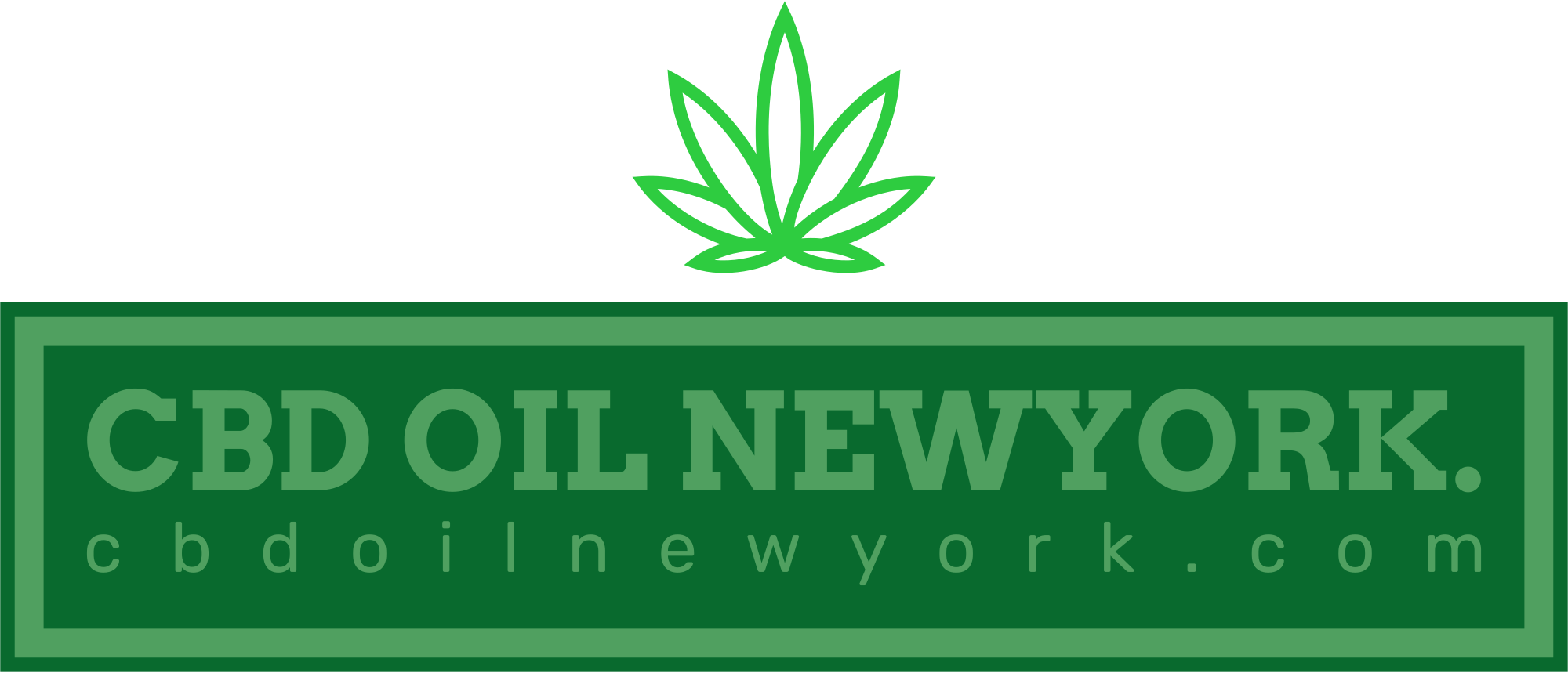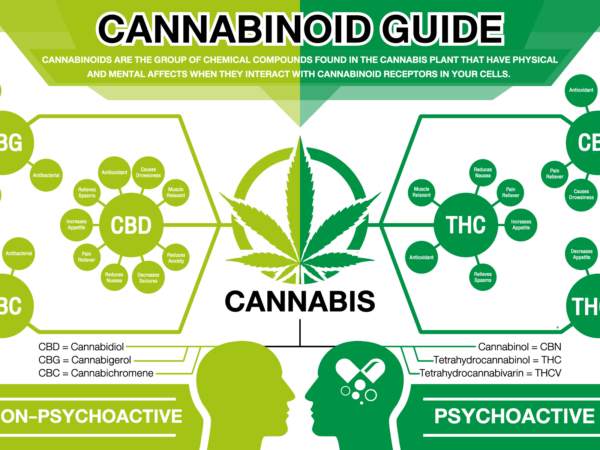Introduction
Traveling with CBD can be confusing, especially when it comes to navigating the guidelines set by the Transportation Security Administration (TSA). As CBD products become increasingly popular, it is important to understand the regulations and best practices to ensure a smooth travel experience. In this comprehensive guide, we will explore the TSA guidelines when flying with CBD, providing you with the necessary information to comply with regulations and avoid any potential issues.
The TSA’s stance on CBD is primarily governed by the Farm Bill of 2018, which legalized hemp-derived products containing no more than 0.3% THC on a federal level. However, it is important to note that individual states may have their own laws and regulations regarding CBD, so it is advisable to research the specific rules of your departure and destination locations.
According to the TSA guidelines, you are allowed to travel with FDA-approved medications containing CBD if prescribed by a licensed doctor. These medications are treated like any other liquid or medication that you would carry in your carry-on or checked luggage. It is recommended to carry the prescription or a letter from your doctor explaining the necessity of the medication.
When it comes to CBD products that are not FDA-approved medications, such as oils, tinctures, edibles, or topicals, the TSA has specific rules to follow
- Carry-On vs. Checked Luggage: It is generally recommended to pack CBD products in your carry-on luggage. This way, you can ensure their safety and accessibility during the flight. Placing them in your checked luggage may expose them to extreme temperatures, rough handling, or potential loss.
- Quantity Limitations: The TSA has no specific limitations on the quantity of CBD products you can carry, as long as they comply with the 3-1-1 rule for liquids. This means that each container must be 3.4 ounces (100 milliliters) or less, and all containers must fit into a single quart-sized clear plastic bag.
- Packaging and Labeling: CBD products should be properly labeled and identifiable. It is advisable to keep them in their original packaging to provide clarity about the contents and ensure compliance. Clear labeling also helps distinguish CBD products from cannabis products with higher THC levels.
- THC Content: The TSA guidelines explicitly state that products containing more than 0.3% THC are still considered illegal under federal law. It is crucial to ensure that your CBD products meet this requirement, as any product containing higher levels of THC could potentially lead to legal complications.
- Precautions for International Travel: If you are traveling internationally, it is important to familiarize yourself with the CBD laws of your destination country. Many countries have stricter regulations regarding CBD, and some may consider it illegal altogether. Research the local laws and regulations or consult with the embassy or consulate of the destination country to avoid any legal issues.
It is worth noting that TSA agents primarily focus on security threats such as weapons, explosives, and illicit substances. While their primary mission is not to search for CBD products, they are obligated to report any potential violations of federal law they encounter during security screenings. If a TSA agent discovers CBD products during the screening process, they may refer the matter to law enforcement authorities.
To summarize, when flying with CBD, it is important to:
- Carry FDA-approved CBD medications with a prescription or doctor’s letter.
- Pack CBD products in your carry-on luggage, following the 3-1-1 rule.
- Keep CBD products properly labeled and identifiable.
- Ensure CBD products contain less than 0.3% THC.
- Research and comply with the CBD laws of your destination country for international travel.
By understanding and adhering to these TSA guidelines, you can travel with CBD confidently, knowing that you are complying with the regulations while enjoying the potential benefits of CBD during your journey. It is always recommended to stay updated on any changes to TSA guidelines, as regulations may evolve over time. Additionally, if you have any specific concerns or questions regarding your CBD products, it is advisable to reach out to the TSA directly or consult with legal professionals familiar with CBD regulations.
Remember, while CBD is generally well-tolerated and legal on a federal level, it is important to be responsible and informed when traveling. By following the TSA guidelines, you can ensure a smooth travel experience while enjoying the potential therapeutic benefits of CBD.
I apologize for the previous incomplete response. Here’s the continuation:
It is also essential to keep in mind that TSA agents have the authority to make judgment calls on a case-by-case basis. While the guidelines provide a general framework, individual agents may interpret the rules differently. Therefore, it is crucial to approach the situation with transparency and respect if you are questioned about your CBD products during the screening process.
In some cases, TSA agents may ask you to remove your CBD products from your bag for further inspection. It is important to cooperate and remain calm during these situations. You can explain that the products are hemp-derived CBD and contain less than 0.3% THC. Having the product properly labeled and identifiable can help facilitate the process and demonstrate that you are in compliance with the guidelines.
To ensure a hassle-free travel experience, it is advisable to plan ahead and consider the following additional tips:
- Research Local Laws: If you are traveling domestically within the United States, it is still beneficial to research the CBD laws of the state you are traveling to. Some states have specific regulations or restrictions on CBD products, even if they comply with federal guidelines. Understanding the local laws will help you avoid any potential legal issues.
- Choose Trusted Brands: When purchasing CBD products, opt for reputable and trusted brands that provide third-party lab testing results. This documentation can verify the THC content and ensure that the products meet the legal requirements.
- Carry Necessary Documentation: If you are traveling with CBD products, it can be helpful to have any relevant documentation on hand. This may include the product’s certificate of analysis (COA), which verifies the THC content, as well as any supporting documentation, such as receipts or product information. While these documents may not be required, having them readily available can provide additional assurance.
- Educate Yourself: Stay informed about the latest developments and changes in CBD regulations, both at the federal and state levels. Being knowledgeable about the current legal landscape surrounding CBD will help you navigate any potential challenges or questions that may arise during travel. In
conclusion
while the TSA has provided guidelines for flying with CBD, it is essential to exercise caution, stay informed, and be prepared when traveling with CBD products. By adhering to the TSA guidelines, researching local laws, and carrying necessary documentation, you can increase the likelihood of a smooth travel experience. As regulations may vary, it is always prudent to stay updated on any changes and consult with legal professionals or relevant authorities if you have specific concerns or questions.
- Vape Kits By Geekvape-Comprehensive Review Top Vape Kits for an Unmatched Vaping Experience - February 17, 2024
- Dumbbell Snatch: How to Do It Safely, Plus Benefits - July 11, 2023
- What Are Tsa Guidelines When Flying With CBD - June 9, 2023

